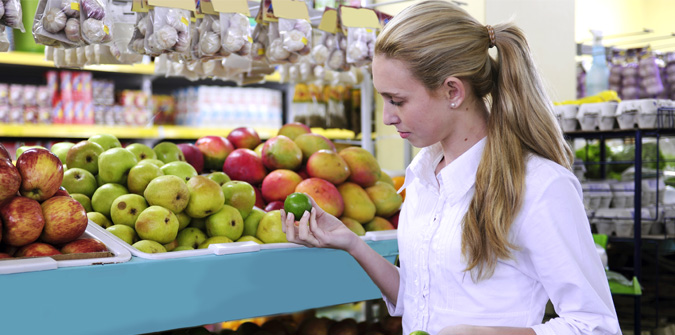Benefits of Locally Produced Foods
Today, in urban societies we have less awareness of where our food comes from, how far it has travelled and the quality when it finally reaches our dinner plates, than ever before. Our food choices in the past 50 years have dramatically changed. We now have access to ingredients that are shipped from all over the world available to us throughout the year. Most of us don’t give a second thought to how far our basket of shopping has travelled and who produced it and the environmental and social impact of our food choices. The local food movement is a “collaborative effort to build more locally based, self reliant food economies that produce, process, distribute to the local consumers, to enhance the economy, environment and social health of a place as part of the broader sustainability movement”.
What are the benefits?
If we buy our foods from local farmers they can concentrate on producing the best quality foods rather than having to focus on how they will package and transport the food thousands of miles. They can sell directly to the consumer or through local markets, therefore the food is fresher, tastier, of better nutritional quality with no ‘air miles’ adding to the global warming crisis.
When food is grown locally, small farms use less intensive farming techniques than large factory farms. Farmers are more concerned about growing variety and protecting the biodiversity of the land and its long-term food security. It also helps the local economy and helps protect the local farmland for farming rather than development.
The other benefit is that by buying locally we start to take an interest in our local surroundings and become aware of seasonal foods. Even small changes to our shopping basket can help our contribution to food sustainability. Sourcing, preparing and cooking freshly produced ingredients can be an enjoyable part of a ‘healthier lifestyle’.
Top tips to local sourcing:
What are the benefits?
If we buy our foods from local farmers they can concentrate on producing the best quality foods rather than having to focus on how they will package and transport the food thousands of miles. They can sell directly to the consumer or through local markets, therefore the food is fresher, tastier, of better nutritional quality with no ‘air miles’ adding to the global warming crisis.
When food is grown locally, small farms use less intensive farming techniques than large factory farms. Farmers are more concerned about growing variety and protecting the biodiversity of the land and its long-term food security. It also helps the local economy and helps protect the local farmland for farming rather than development.
The other benefit is that by buying locally we start to take an interest in our local surroundings and become aware of seasonal foods. Even small changes to our shopping basket can help our contribution to food sustainability. Sourcing, preparing and cooking freshly produced ingredients can be an enjoyable part of a ‘healthier lifestyle’.
Top tips to local sourcing:
- Next time you go shopping start by asking yourself is there a local alternative supplier for your produce: for example local reared meat supplier, or vegetable farmer.
- Look for a local farmer’s market.
- Can you source it from the local health food stores?
- Can you source the product in your own country, if not it is still better to source from nearby rather than bringing in a product from the other side of the world.
- Can you buy in bulk with family and friends as a cooperative from local farmers and producers?
- Check notice boards and community meeting places.
- Grow your own ,find out if there is a local growing community group, or ask the local council about allotment space
- Try and spend at least 10% of your weekly food budget locally and make a start to food sustainability.
- Remember all small changes can make a big impact and this creates consumer demand for locally sourced food.
- Freeze, bottle and preserve fruit and vegetables to be used out of season, so you are less reliant on sourcing outside the country.
- Sourcing locally, preparing and cooking can be part of a ‘healthier lifestyle’.

